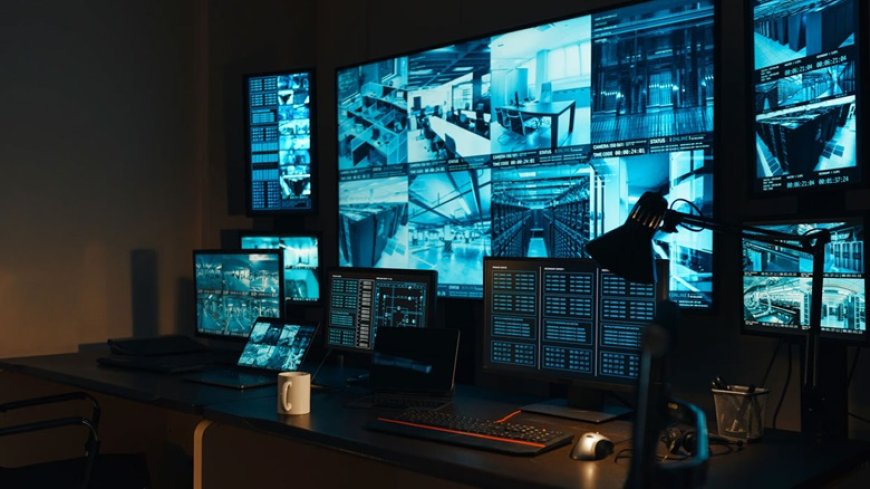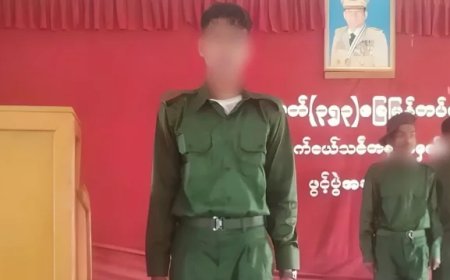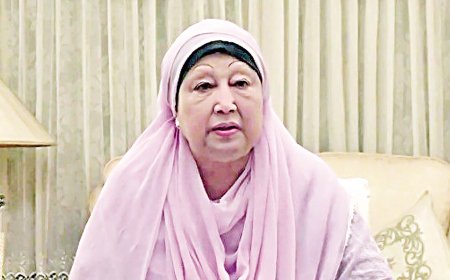The commission stated that mobile surveillance was utilized to accurately determine the victims' location
The DGFI supplied dedicated surveillance systems to its personnel, as well as to members of RAB and DB.

The Commission of Inquiry on Enforced Disappearance has uncovered that mobile surveillance systems were instrumental in pinpointing the victims' locations before their covert abductions.
“Interviews with victims and members of the Armed Forces revealed that mobile technology played a crucial role in the surveillance process. RAB and military officers acknowledged in interviews that ‘silent pick-ups’—discreet abductions—were virtually impossible without the precision offered by mobile surveillance,” the Commission’s report stated.
The five-member commission, headed by retired justice Mainul Islam Chowdhury, recently submitted the report, titled "Unfolding the Truth," to Chief Adviser Professor Muhammad Yunus at the state guest house Jamuna.
The report noted that prior to the establishment of the National Telecommunication Monitoring Centre (NTMC) as an independent agency, mobile surveillance operations were conducted through its predecessor, the National Monitoring Centre (NMC), which operated from the Directorate General of Forces Intelligence (DGFI) Headquarters.
The DGFI provided dedicated surveillance systems used not only by its own personnel but also by other forces, including RAB and DB, implicating the agency in facilitating enforced disappearances conducted by other units. The NMC reportedly hosted dedicated consoles staffed by rotating personnel from various agencies.
A former DG of DGFI confirmed to the Commission that the organization offered logistical surveillance support to multiple law enforcement teams while the NMC was housed at its headquarters.
This arrangement underscored extensive coordination among security forces. Since the NTMC's inception, surveillance operations have transitioned to this independent entity. However, preliminary findings suggest that some surveillance capabilities remain within individual forces.
The Commission highlighted the lack of judicial oversight in these surveillance activities, which raises ongoing concerns.
“Despite the absence of judicial oversight, several victims reported indications of being monitored before their abductions,” the report noted.
One victim disclosed that his captors mentioned a private phone conversation regarding his wife’s dental treatment, suggesting prior mobile surveillance. Others reported receiving suspicious silent phone calls shortly before their abductions, presumably to track their locations.
In another instance, eyewitnesses recounted how security forces entered a room, instructed occupants to place their phones in a line, and detained the individual whose phone received a call.
“That individual was never seen again,” the report concluded.
What's Your Reaction?





















































































